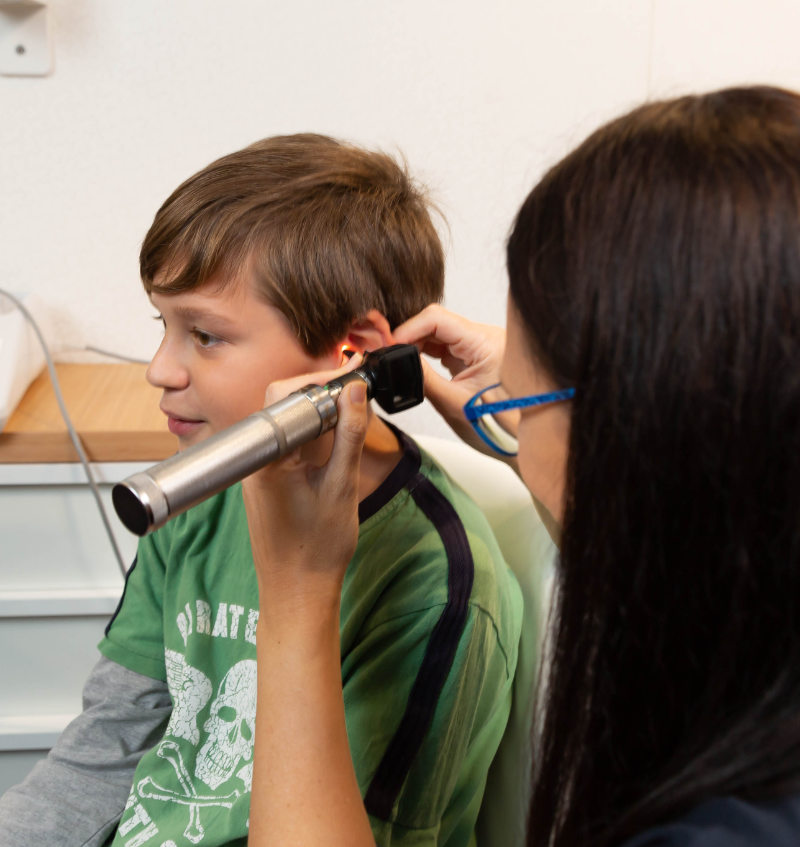Sound Sensitivity Misophonia Hyperacusis
Book an AppointmentMisophonia
People with misophonia have significant emotional reactions to certain ‘trigger’ sounds usually made by other people, such as chewing, breathing, or yawning. Severe fight or flight responses to these sounds are often experienced which can significantly impact a persons’ ability to function, ability to be around or socialise with others, in addition to having an impact on their mental health.
Misophonia often appears around the age of 12, and likely affects more people than we realise due to a person’s discomfort in discussing it, or a lack of awareness on the part of the medical and health profession as to how to manage the condition.
Hear Check has a broad understanding of misophonia, and we offer evidence-based treatments such as auditory distraction (with white noise or headphones), in addition to working with psychologists who offer cognitive behavioural therapy. If you have concerns for yourself or a loved one regarding misophonia, contact Hear Check for a confidential and compassionate discussion.
Hyperacusis & recruitment
Hyperacusis is a reduced tolerance of environmental sounds. Patients with this condition find everyday noises to be too loud, this is often due to having very good hearing. A condition that is often confused with hyperacusis, is recruitment. Recruitment is a condition where loud noises can cause pain or discomfort. Recruitment is caused by damage to hair cells in the inner ear, usually through the ageing process or from continued exposure to loud noise.
Although possible to experience recruitment in one ear only, it is commonly found in both ears, and it is frequently associated with tinnitus. Recruitment can come on gradually or occur suddenly, especially where a patient is in a state of crisis.
For many with recruitment, treatment involves a form of habituation therapy, known as Tinnitus Retraining Therapy (TRT). The aim of this therapy is to help reduce sensitivity to noise through a set of ‘noise generators’ worn on the ears like a hearing aid. As most sufferers of recruitment also report tinnitus, this therapy can address both conditions simultaneously. Given that recruitment often occurs as a result of hearing impairment, well fitted hearing aids that compress loud sounds in the enviornment can also be extremely helpful to people who find loud sounds a discomfort or painful.
Hear Check audiologists are specifically trained to diagnose the seriousness of this condition and provide a caring and gentle assessment of your hearing discomfort levels (LDL) to provide an accurate diagnosis and individual management plan.
Call us today to discuss how our Audiologists can assist, on 07 5493 9001 or click here to complete our online form.


